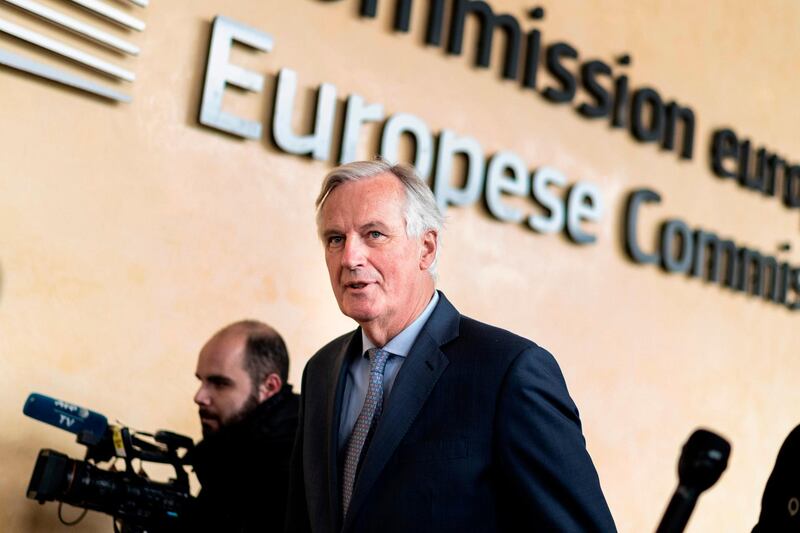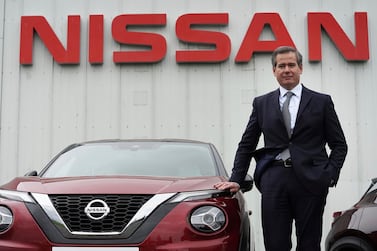The 27 EU member states have given its chief negotiator Michel Barnier the green light to enter "tunnel negotiations" with the UK on Brexit, in what is being seen as significant progress being made in the talks.
"Tunnel" negotiations are the intensive and long-lasting talks that begin when an agreement looks close, where people are able to bring forward ideas in "a safe space".
Donald Tusk, President of the European Council, said on Friday that there were “promising signals” that a Brexit deal may be reached, but he warned that Britain is yet to come forward with a realistic and workable proposal and gave Boris Johnson a week to deliver a new plan or face being rejected.
The pound rallied at the news, gaining 1.7 per cent to $1.2649, following a 1.9 per cent jump on Thursday.
Brexit talks looked like they were on the verge of collapse last week when Mr Barnier and British leader Mr Johnson appeared to blame each other for the lack of progress.
But in an unexpectedly upbeat meeting on Thursday, Irish Taoiseach Leo Varadkar and Mr Johnson said they had found a route to a possible deal when they met at the British leader’s country house in northern England on Thursday. However, there was little detail on the substance of the talks.
Mr Johnson and EU leaders are hoping to finalise a deal at the EU Council meeting next week, just days before the October 31 departure deadline.
“I have received promising signals from the Taoiseach (Irish Prime Minister Leo Varadkar) that a deal is still possible. Technical talks are taking place in Brussels as we speak,” Mr Tusk said in the Cypriot capital Nicosia on Friday.
“Of course, there is no guarantee of success and the time is practically up. But even the slightest chance must be used.”
He added that Mr Johnson promised the EU to come forward with a solution “that would work for all”.
“A solution that would not only satisfy the hardcore Brexiters but also solve our well-known and legitimate objectives: to avoid a hard border on the island of Ireland, to protect the Good Friday agreement, and ensure the integrity of the single market,” he said.
“Unfortunately we are still in a situation in which the UK has not come forward with a workable realistic proposal.”
Mr Tusk was making his comments as a meeting between British Brexit minister Stephen Barclay and Mr Barnier on Friday drew to a close.
The two negotiators, who met for nearly two and half hours in the EU commission’s headquarters, discussed the possibility of reopening negotiations based on London’s proposals. Mr Barnier said that the meeting was “constructive”, but didn’t disclose much more detail.
Ireland’s finance minister said he was hopeful talks would yield a positive outcome on Friday.
“What happened yesterday was a positive discussion but the real detail discussion will begin now and that will be in Brussels,” Paschal Donohoe said, referring to Thursday’s meeting between the leaders of Britain and Ireland.
“Hopefully the meeting and the process today will be positive.”
Mr Johnson has wanted to abolish the backstop that was negotiated by his predecessor Theresa May in November 2018. The mechanism, that prevents there being a hard border on the island of Ireland, is seen as controversial by critics because they say it will leave Northern Ireland connected to the EU indefinitely.
Last week, Mr Johnson tabled new proposals with EU leaders, which will include "two borders for four years", meaning that Northern Ireland will remain in a special relationship with Europe until 2025.
The plan, which was leaked to The Telegraph, will accept the need for a regulatory border between the UK and Northern Ireland in the Irish Sea for four years, and Customs checks between the north and the Republic of Ireland.
But the plans were sharply rebuked by EU leaders, as well as Mr Varadkar, prompting Mr Johnson to have to re-think them.






